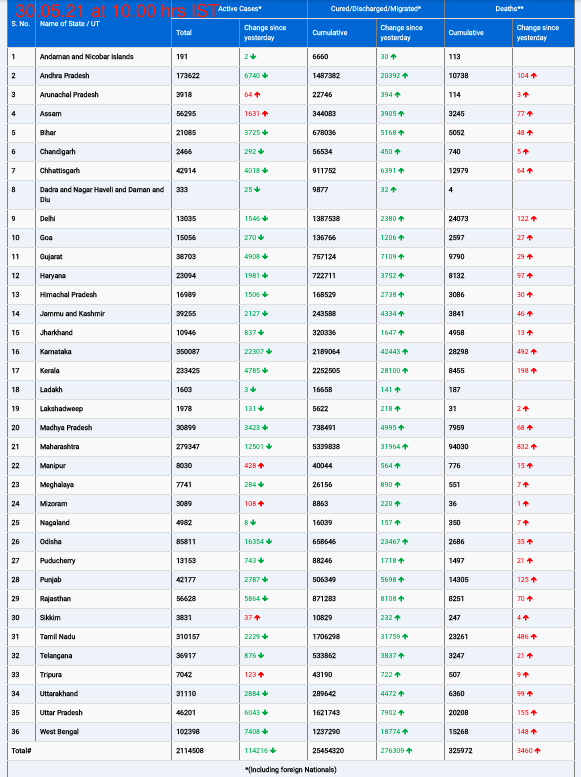As National Nutrition Week is observed from September 1 to September 7, experts have highlighted dietary deficiency as a major, yet preventable, risk factor for osteoporosis in women. The theme for this year’s observance, “Nutritious Diets for Everyone,” underscores the importance of balanced nutrition in maintaining health and preventing diseases, including osteoporosis.
Osteoporosis, a bone disease that weakens bones by making them thinner and more susceptible to fractures, primarily affects women, especially post-menopause. Experts estimate that over 60 million people in India are affected by osteoporosis, with women accounting for 80% of the cases.
A key reason for the higher prevalence of osteoporosis in women is the decline in estrogen levels, a hormone crucial for bone health, which occurs after menopause. This hormonal shift significantly reduces bone density, leaving women more vulnerable to fractures.
Dr. Uma Kumar, Head of Rheumatology at AIIMS, New Delhi, emphasized the role of diet in managing osteoporosis risk: “The most important cause of osteoporosis is a dietary deficiency, which can be prevented with a recommended dietary allowance of 1,200 mg of calcium and 500-800 IU of vitamin D per day.”
To maintain proper nutrition and support bone health, Dr. Kumar advises incorporating calcium-rich foods like milk, almonds, green leafy vegetables, and eggs into daily diets. Other recommended foods include cod liver oil, liver, cheese, yogurt, salmon, and tuna.
However, factors beyond diet also contribute to the development of osteoporosis. High steroid use, a family history of fractures, advancing age, low body weight, alcohol and tobacco use, and conditions such as rheumatoid arthritis increase the risk of bone loss. Additionally, individuals with limited sunlight exposure, such as those in polar regions, may have insufficient vitamin D levels, further elevating their risk.
While osteoporosis often manifests later in life, experts stress the importance of preventative measures beginning in youth. Dr. Lalit Kumar Lohia, Consultant-Orthopaedics at Manipal Hospital Dwarka, New Delhi, advised, “Women should ideally begin focusing on bone health from a young age, as bone mass peaks in the early 20s. Maintaining a nutrient-rich diet and engaging in regular weight-bearing exercises can build and preserve bone density.”
Osteoporosis is often called a “silent disease” because symptoms rarely present themselves until fractures occur. Nonetheless, early signs such as persistent lower back pain, generalized body aches, and unusual fatigue may signal the onset of bone loss. Dr. Lohia warned that even minor injuries can lead to fractures, particularly in the hips, wrists, or spine, in individuals with advanced osteoporosis.
Experts recommend regular screening for osteoporosis, especially in postmenopausal women. Dr. Kumar noted that all women over 65 should undergo tests for vitamin D, calcium, phosphate blood levels, and bone density. Additionally, for those with risk factors or a previous history of fractures, screening should begin earlier. “In diabetics, screening for osteoporosis should start at age 40,” she added.
A tool known as the Fracture Risk Assessment Tool (FRAX) can also help estimate a woman’s 10-year risk of hip fractures and other major osteoporotic fractures. This is particularly useful for women over 40 with risk factors.
To prevent osteoporosis, experts advise regular consumption of calcium-rich foods, vitamin D supplements, and daily exposure to sunlight. They also highlight the need for at least 150 minutes of moderate-intensity exercise weekly, including aerobic activities like cycling or walking, and weight-bearing or resistance exercises. Quitting smoking and reducing alcohol consumption are also crucial steps in managing bone health.
Dr. Lohia pointed out that even after menopause, when bone loss accelerates due to falling estrogen levels, women can still prevent fractures and maintain bone density by prioritizing nutrition, exercise, and lifestyle changes.
As National Nutrition Week draws attention to the critical role of diet in disease prevention, experts remind women to take proactive steps to safeguard their bone health and reduce their risk of osteoporosis.











